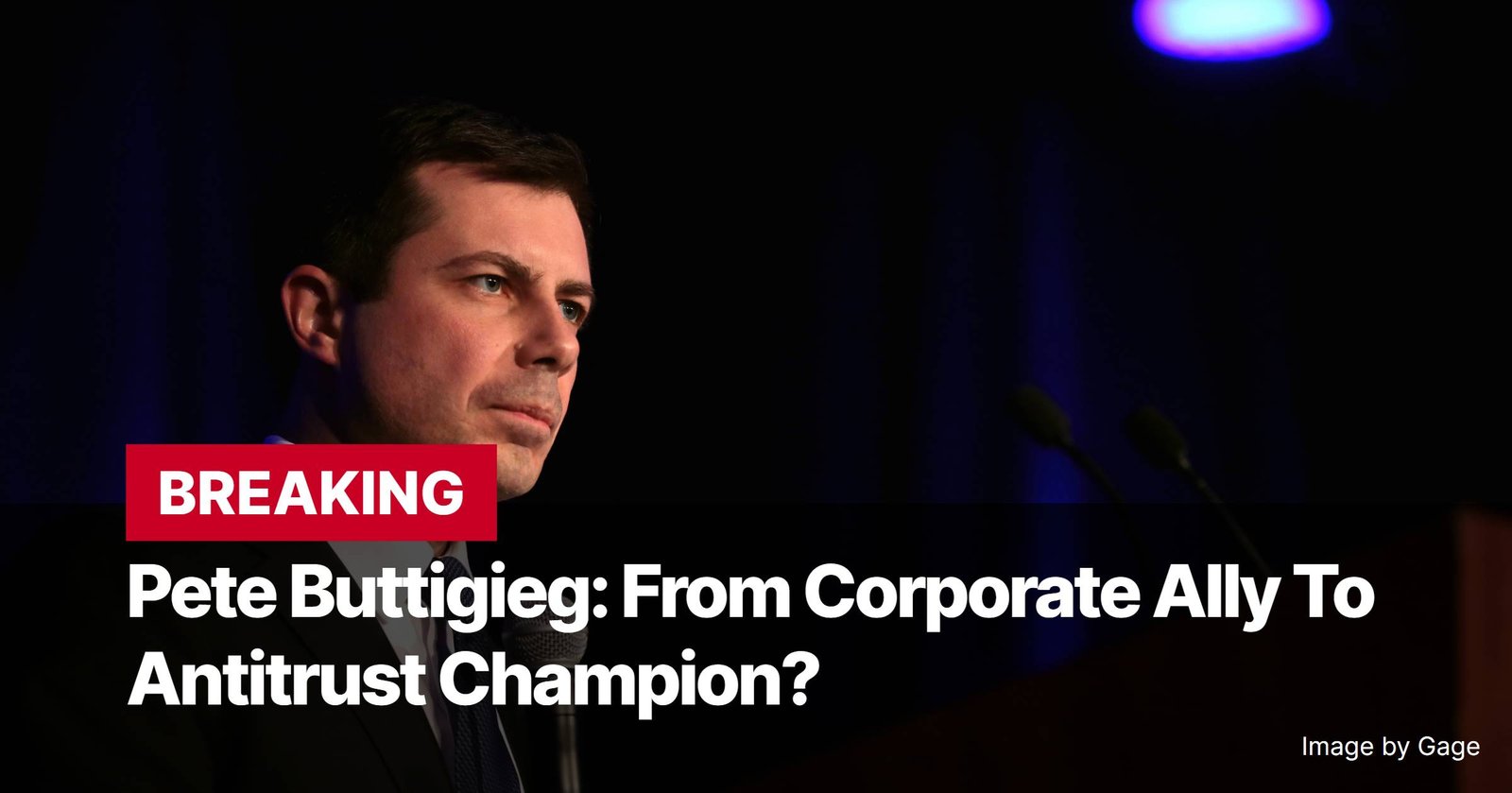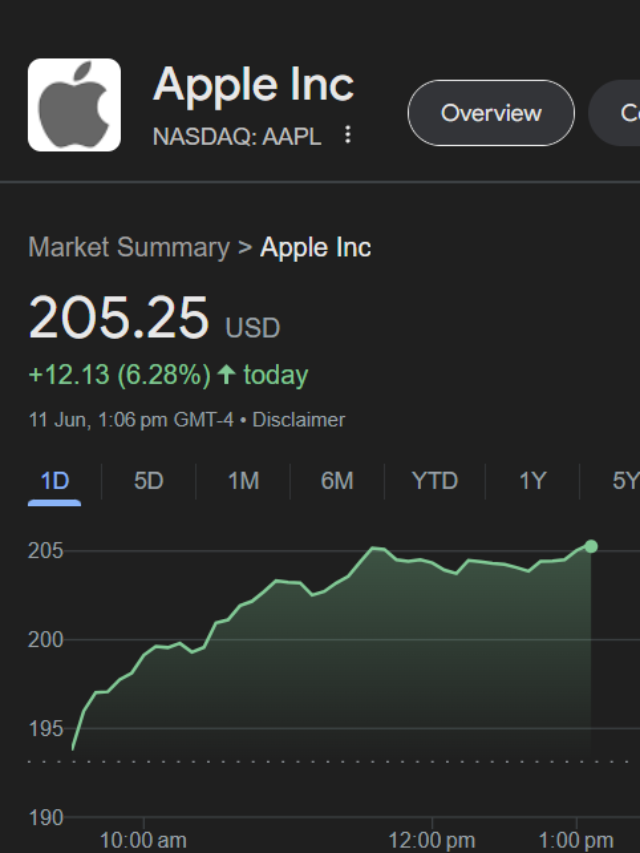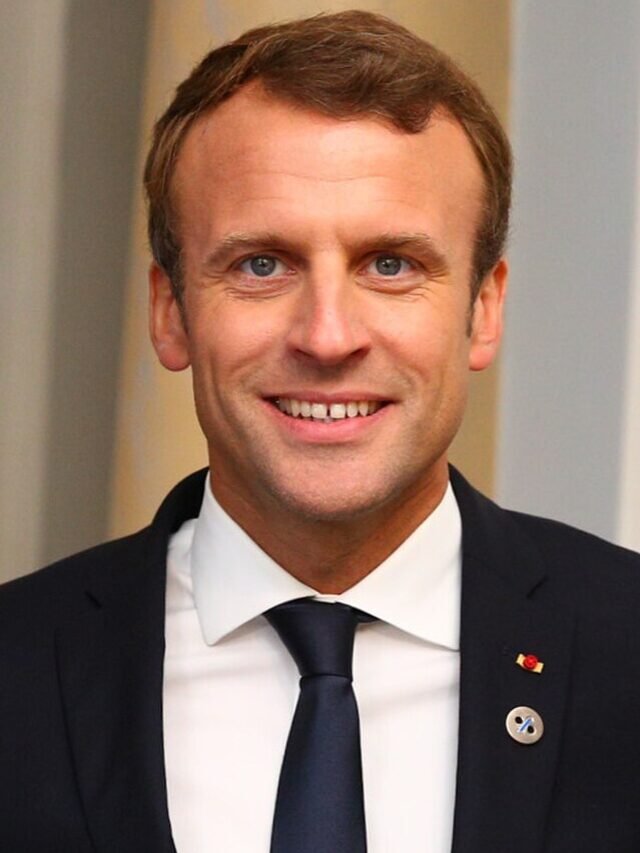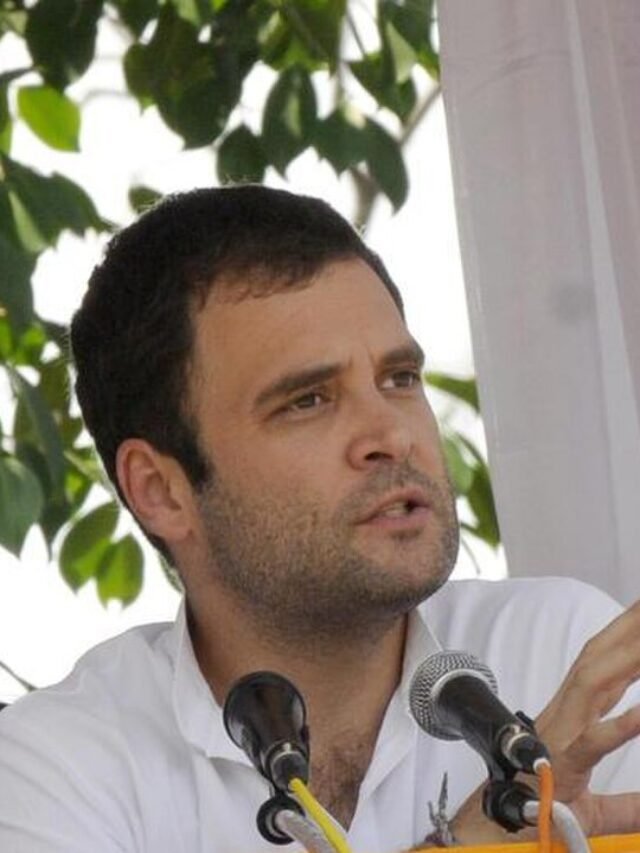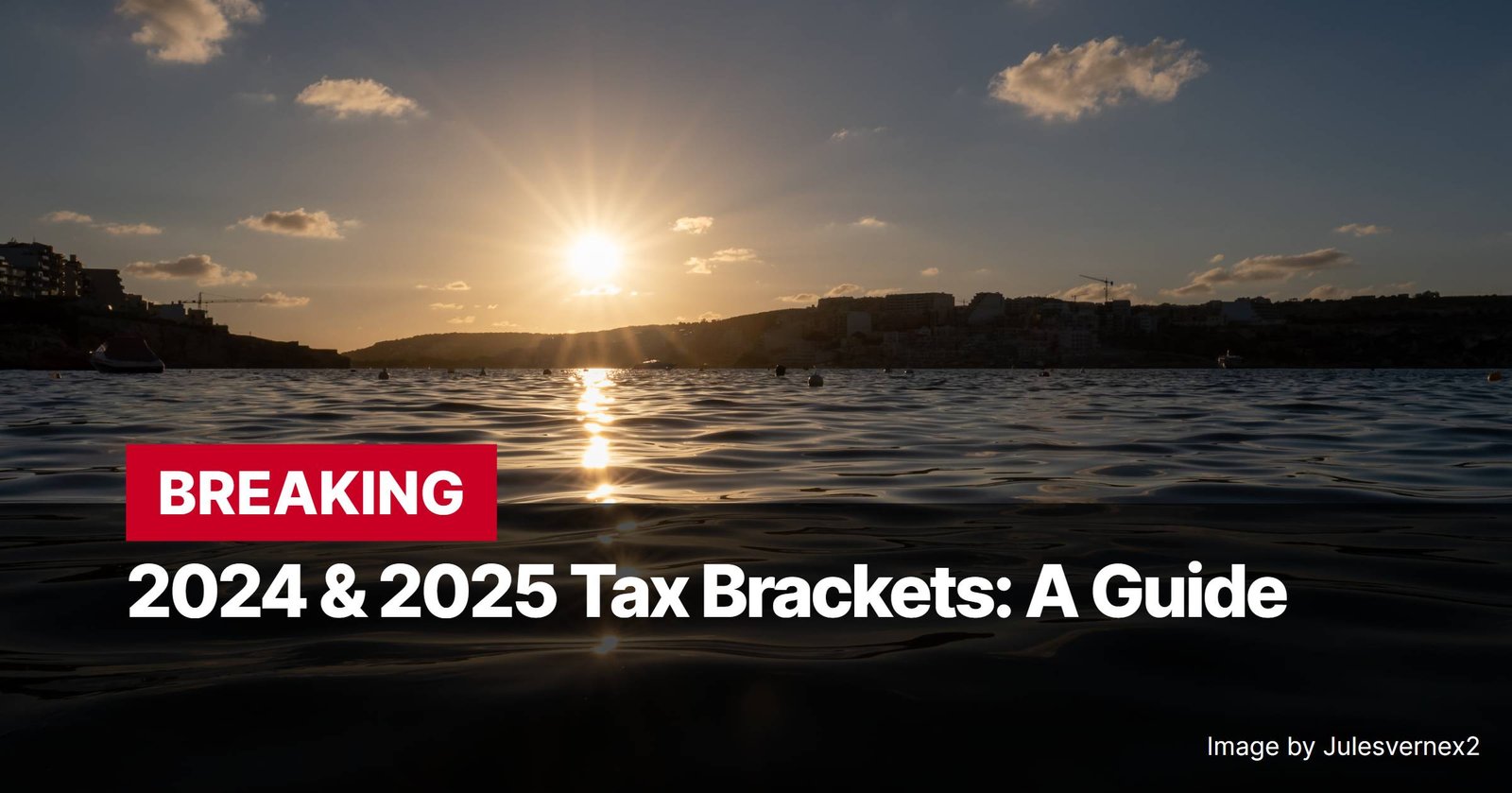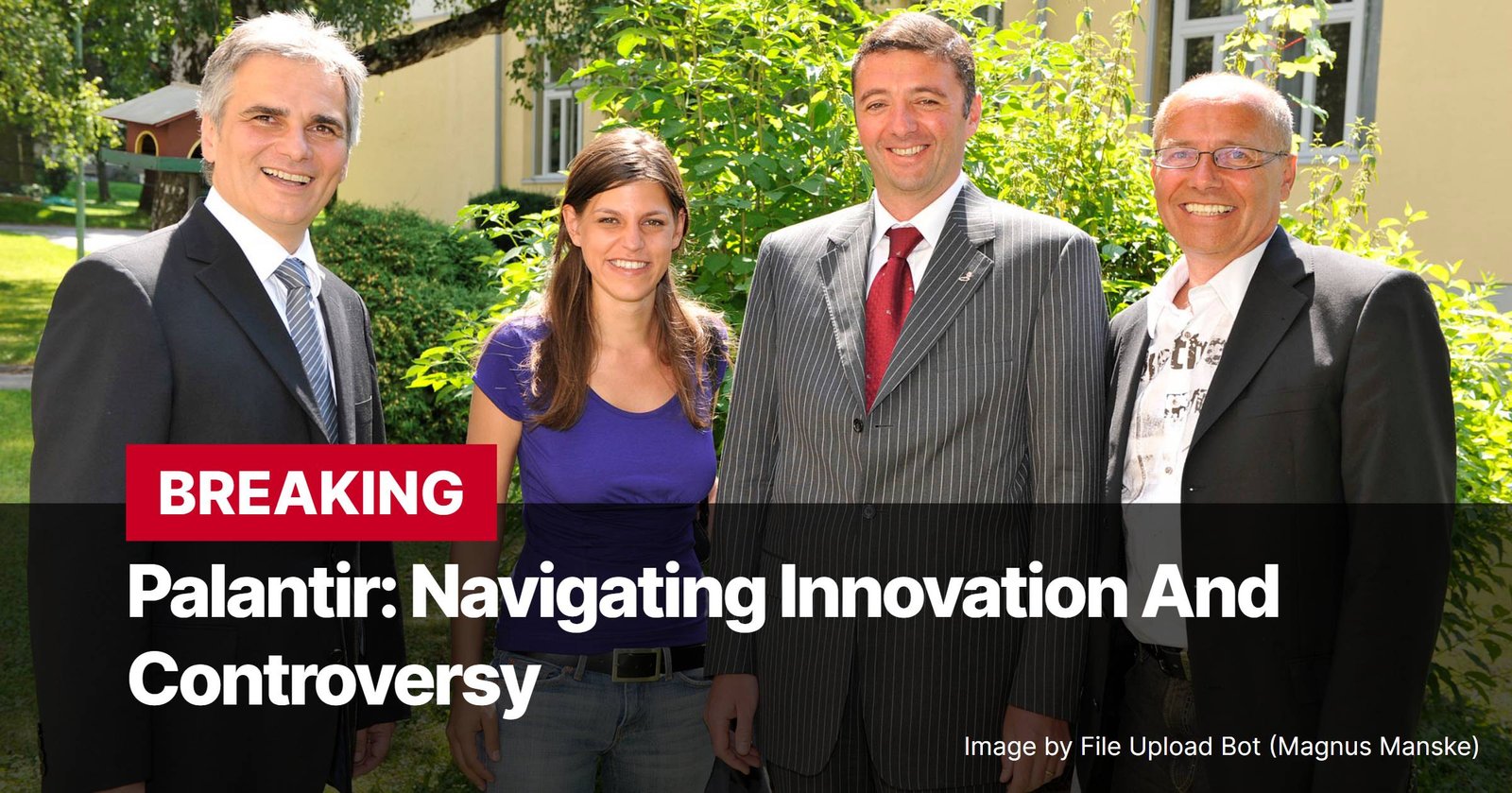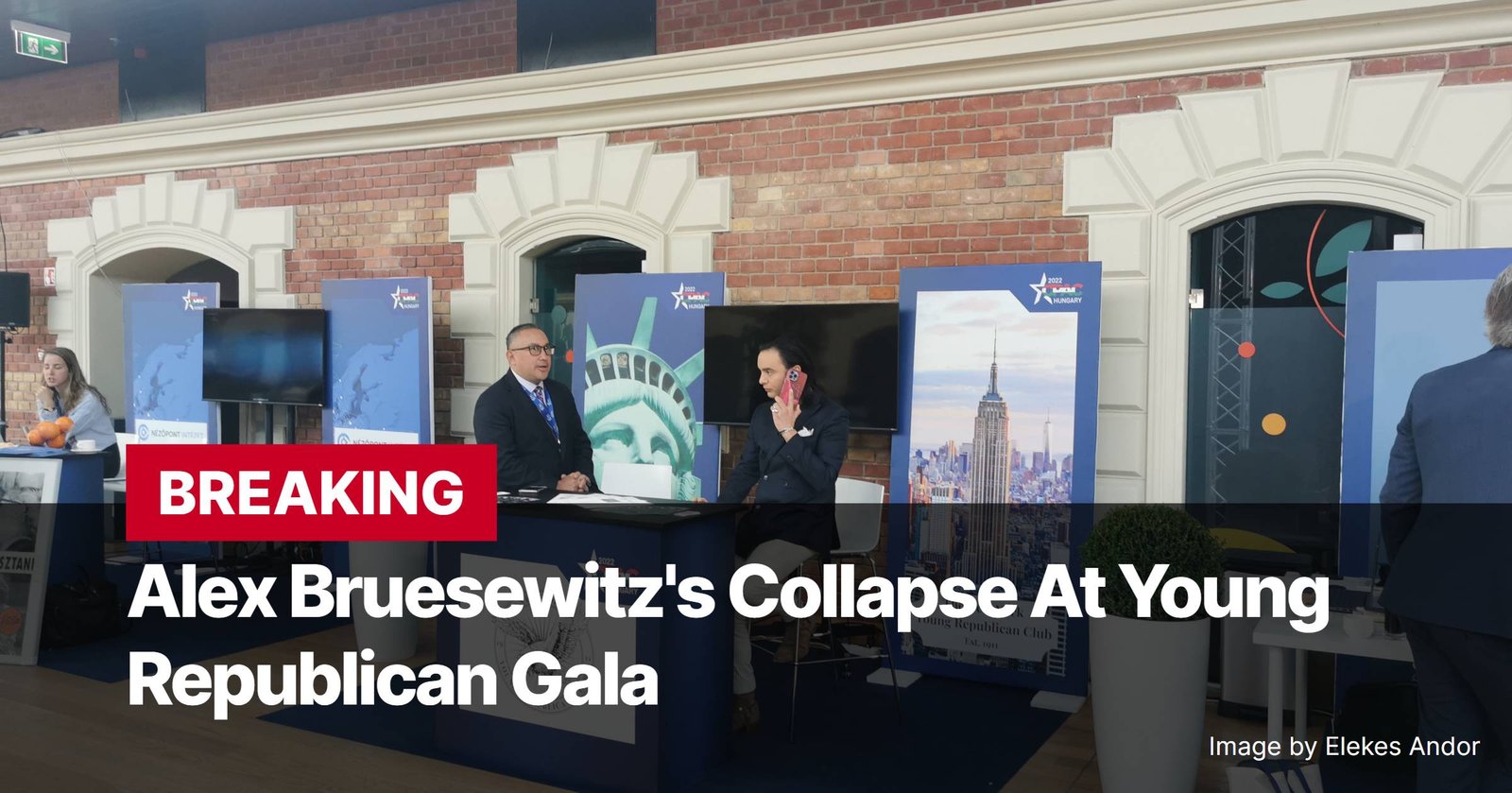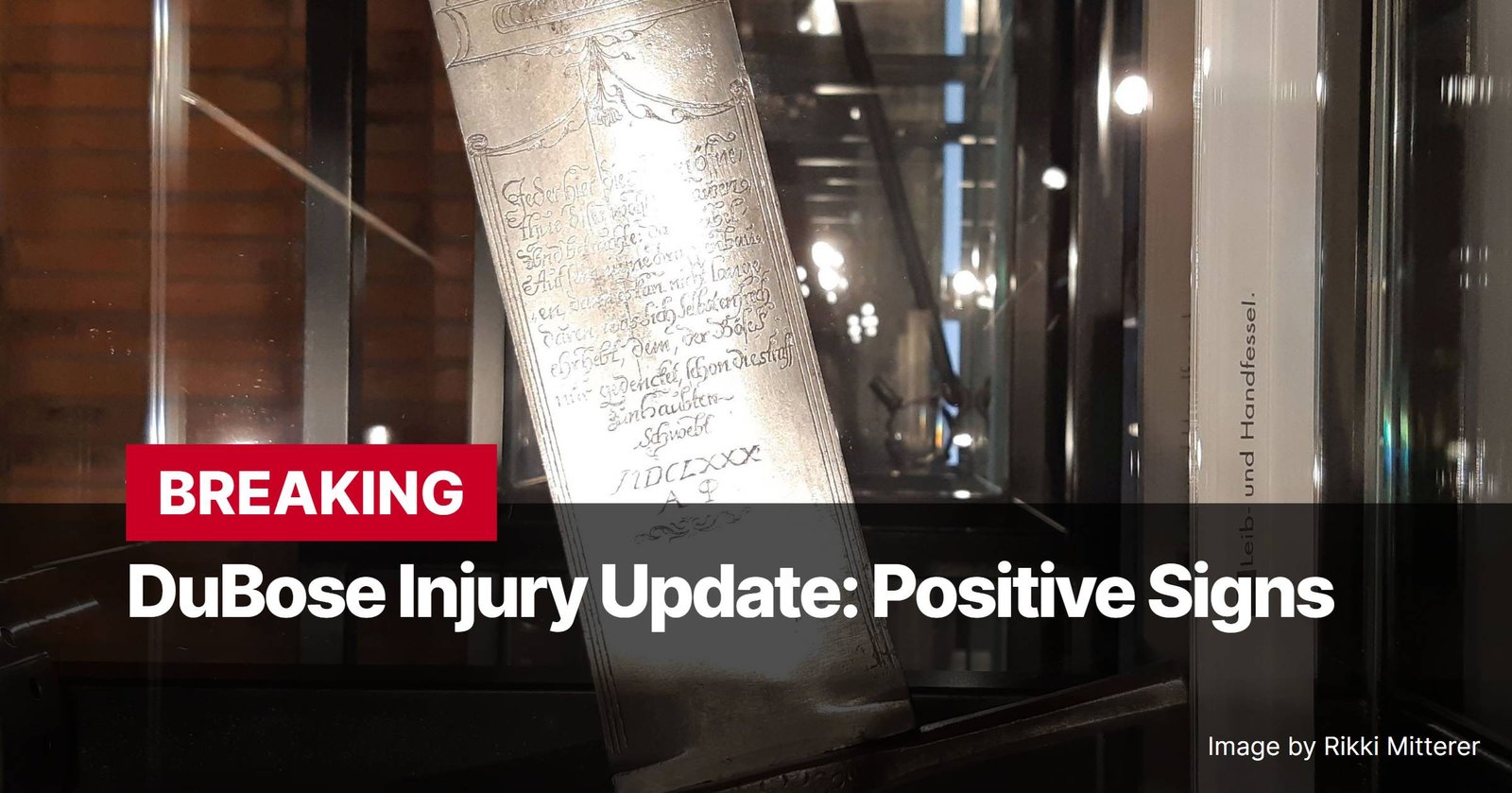Pete Buttigieg, the U.S. Secretary of Transportation, has undergone a significant transformation in the public eye. Once perceived as overly cautious and corporation-friendly, particularly regarding the airline industry, he has recently emerged as a surprising advocate for robust government intervention in markets dominated by a few powerful players. This shift, spurred by the chaotic state of air travel in recent years, has earned him praise from unexpected corners, even as it raises questions about the longevity and ultimate impact of his efforts.
Buttigieg’s early tenure as Transportation Secretary was met with criticism, particularly during the tumultuous summer and winter of 2022, when widespread flight cancellations and passenger mistreatment plagued the airline industry. Accusations of inaction and a lack of urgency followed, with some questioning his commitment to consumer protection.
The breaking point, according to Buttigieg, came with the realization that existing penalties for airlines were insufficient deterrents. He recounts asking his staff, “What if we add a zero?” to the historically small fines levied against airlines. This led to a record-breaking penalty against one major airline for its handling of the 2022 winter travel season.
However, Buttigieg recognized that simply punishing bad actors wasn’t enough. He sought to address the root causes of the industry’s dysfunction. Influenced by antitrust thinkers within the Biden administration, academic research on network industries, and discussions with consumer advocates, he began to embrace a more interventionist approach.
This new philosophy manifested in a series of actions aimed at reshaping the airline market. The Department of Transportation, under Buttigieg’s leadership, implemented rules mandating automatic refunds for significantly delayed flights and requiring airlines to disclose ancillary fees upfront. These measures aimed to empower consumers and introduce greater transparency and competition into the market.
These moves were met with resistance from the airline industry, culminating in a lawsuit challenging the ancillary fee rule. While a court ruling has temporarily blocked this particular regulation, Buttigieg has shown a willingness to challenge the industry’s power, a stark contrast to his predecessors’ more passive approach. He has also taken the unusual step of blocking an airline merger, citing concerns about reduced competition and higher prices for consumers.
Buttigieg’s efforts have not gone unnoticed. He has garnered praise from prominent figures in the antitrust movement, some of whom were previously critical of his perceived coziness with corporations. His advocacy for automatic refunds, amplified through social media and strategic partnerships with lawmakers, ultimately led to the inclusion of this provision in the recent FAA reauthorization bill, solidifying a significant consumer protection victory.
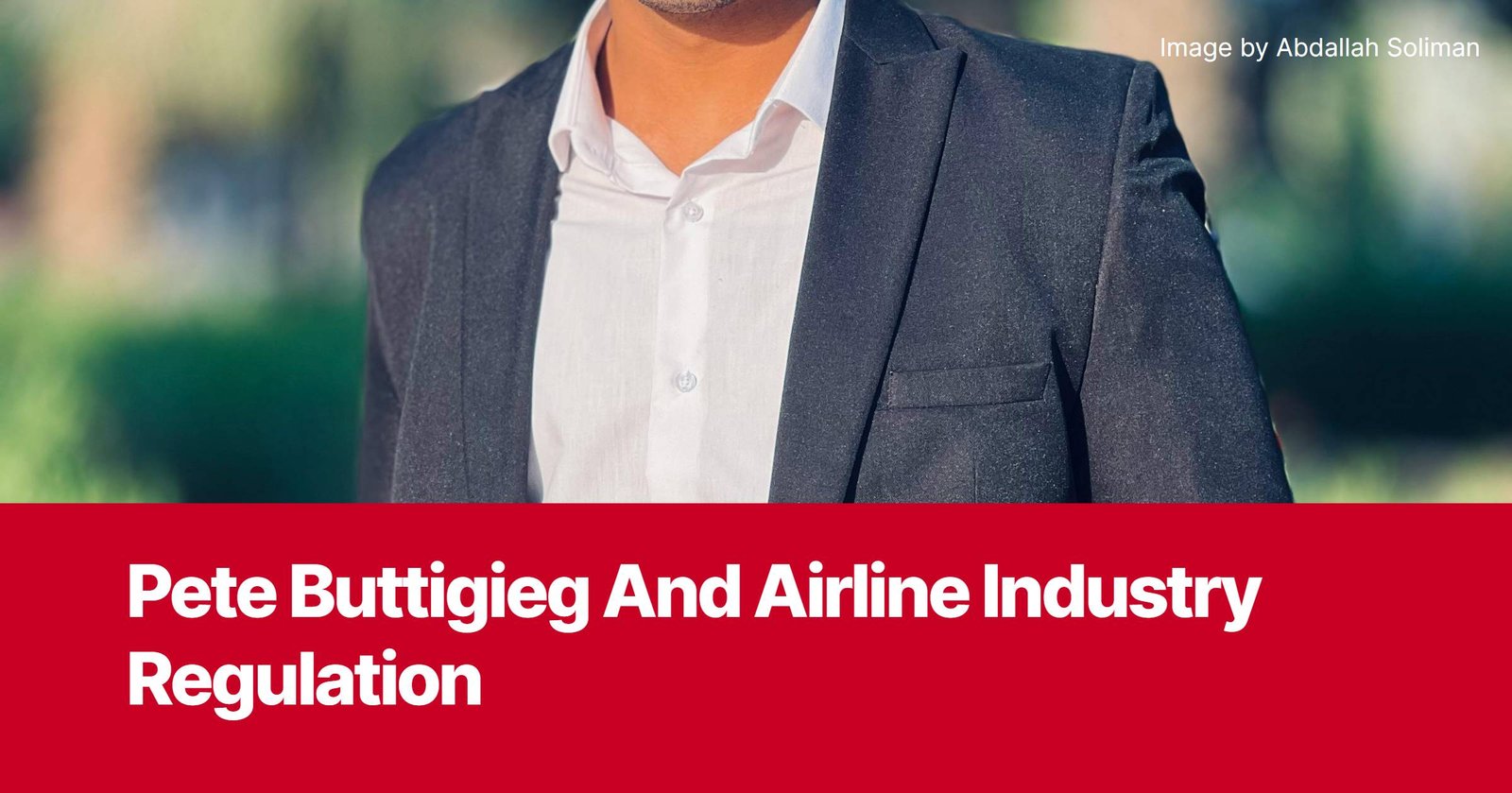
Despite these advancements, questions remain about the long-term impact of Buttigieg’s actions. The legal challenges to his regulations highlight the potential for setbacks, and the airline industry’s increasing criticism suggests a growing pushback against his more aggressive stance. Furthermore, the ultimate success of his initiatives hinges on the continued resources and commitment of the Department of Transportation to enforce these new rules.
Whether Buttigieg’s transformation represents a genuine shift in his approach or a calculated political maneuver remains to be seen. His actions have undoubtedly shaken up the airline industry and garnered him allies in unexpected places. As he continues to navigate the complexities of regulating a powerful and entrenched industry, his approach to competition policy may well become a defining aspect of his legacy.







